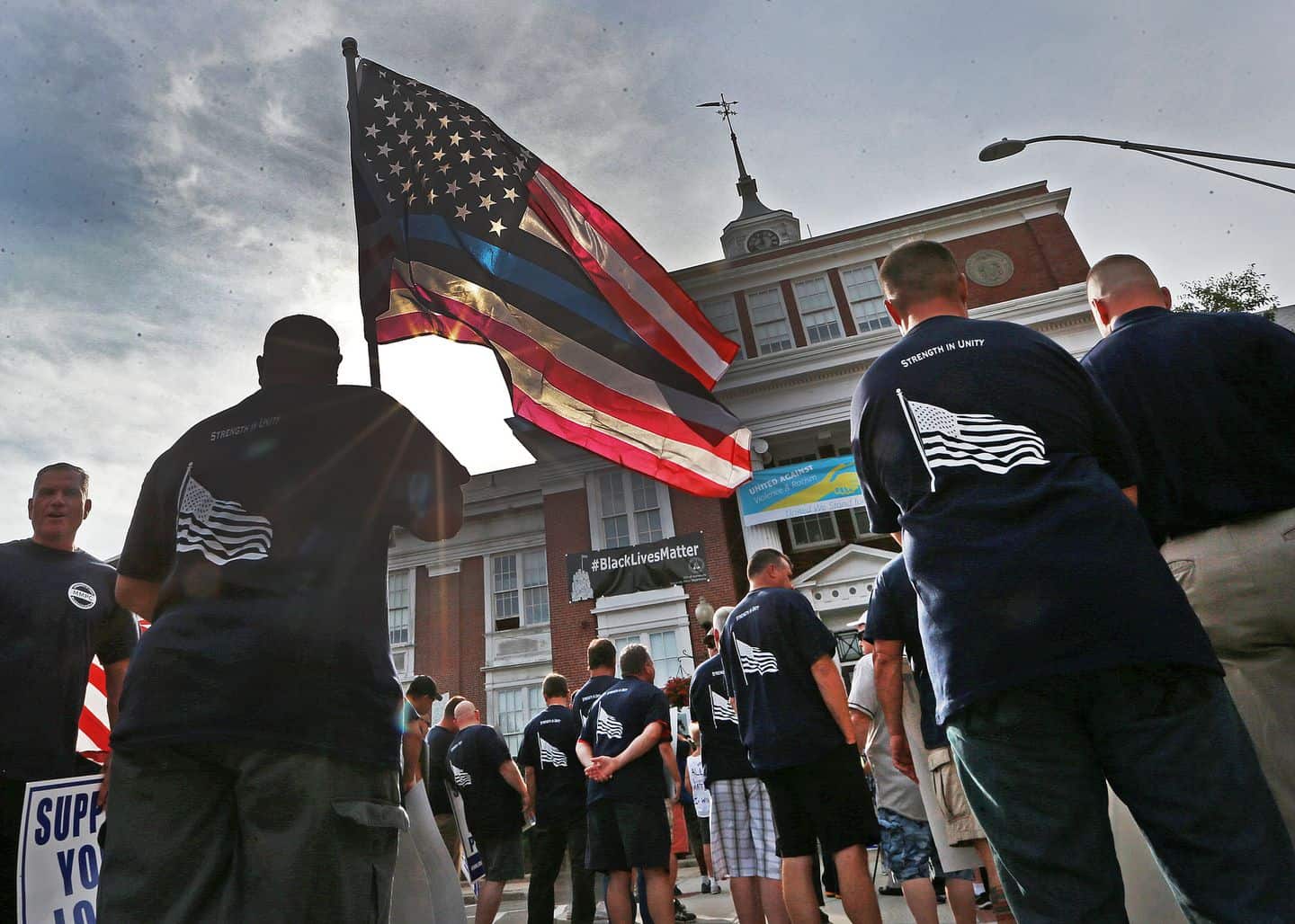
Courtney Brunson is a student at Harvard Law School and member of the Harvard Legal Aid Bureau.
The United States Senate voted 68 to 29 on Monday to confirm Marty Walsh, former Mayor of Boston and union leader, as the Secretary of Labor. As a brief history to Secretary Walsh’s labor roots, CNN explains that Walsh first joined the Laborers’ Union Local 223 at age 21 and eventually came to lead the Boston Trades Council, a group that represents ironworker and electrician unions, in 2011. He served as Boston’s mayor since 2014. Bloomberg Law explains that Walsh’s confirmation forces him to confront a list of brewing labor issues that includes a response to the global pandemic as well as to rules made by the Trump Administration on topics relating to worker and employee classifications. As a reminder, the three pending rulemakings on the aforementioned topics that are front of mind for labor advocates include the Department of Labor’s proposed withdrawal from the Trump Administration’s rule that made it easier for businesses to classify workers as independent contractors (rather than employees), rescinding of a 2020 rule that would have limited scenarios in which joint employers can share liability for wage violations, and delayed implementation of a finalized regulation that would give employers permission to pay tipped workers a lower minimum wage of $2.13 per hour for time spent on tasks that don’t generate tips.
According to the Boston Globe, the State Police Association of Massachusetts (SPAM), the union who represents Massachusetts state troopers, is accusing the State Police of breaking state and federal labor law by intentionally miscalculating what qualifies as the officers’ regular pay. Arguing that the State police are costing rank-and-file members millions a year in overtime pay, the 1,900-member union is seeking at least millions in three years of back pay and damages in a lawsuit filed Friday in Suffolk Superior Court. It is worth nothing that the State Police have consistently paid among the highest amount of overtime pay of any Massachusetts state agency (spending nearly $56.6 million in 2020 and nearly $58 million the year before) and the highest average pay per employee of any state agency in the country ($126,929). Should it prevail, the labor group also is seeking triple damages under state law, which could push the sum to $18 million, not including attorney fees and other compensation.
Grocery store representatives argued last week in front the Ninth Circuit that a “hero pay” mandate they were subject to by Long Beach, California violates labor law. In a brief on Friday, the California Grocers Association (CGA) argued that Long Beach’s ordinance is preempted by the NLRA and violates the equal protection clauses of the federal and state constitutions by singling out only certain businesses for restrictions. Saying that the ordinance does not “impose any public health measures or otherwise protect essential workers from the virus” but instead “targets a narrow band of businesses within the city,” CGA argued that the measure could not be reconciled with the governing requirements of California and federal law. This is after the District Court initially denied the company’s bid for a temporary restraining order to halt the ordinance and request for an injunction earlier this year. Friday’s brief is the latest development in the ongoing dispute between CGA and Long Beach over the “hero pay” ordinance. The association first sued the city in January to block the mandate.
The Washington Post published an op-ed by Alex Villanueva, Sheriff of Los Angeles County, about the wage theft of low-income workers and what role law enforcement can play in addressing it. The article cited a 2017 study by the Economic Policy Institute, which estimated that 2.4 million workers in the 10 most populous states lose $8 billion annually to minimum-wage violations. Villanueva argued that wage theft can be perpetuated against employees at all levels but is often committed against poor people, domestically and abroad. After meeting with several stakeholders in his area, he found that wage theft isn’t reported often because workers are too intimidated by their employers, fearful of losing their jobs, or wary of going to law enforcement. To address these realities, he has introduced an “major wage-theft intervention program” within his department. The initiative includes a variety of measures including the publication of a toll-free number that victims of wage theft can use to speak to deputies, measures that will allow law enforcement to connect these workers with appropriate agencies about to file their wage disputes, tracking mechanisms for monitoring the accused employers, and a “levy crew” who will be responsible for executing court orders and judgments.






Daily News & Commentary
Start your day with our roundup of the latest labor developments. See all
March 3
In today’s news and commentary, Texas dismantles their contracting program for minorities, NextEra settles an ERISA lawsuit, and Chipotle beats an age discrimination suit. Texas Acting Comptroller Kelly Hancock is being sued in state court for allegedly unlawfully dismantling the Historically Underutilized Business (HUB) program, a 1990s initiative signed by former Governor George W. Bush […]
March 2
Block lays off over 4,000 workers; H-1B fee data is revealed.
March 1
The NLRB officially rescinds the Biden-era standard for determining joint-employer status; the DOL proposes a rule that would rescind the Biden-era standard for determining independent contractor status; and Walmart pays $100 million for deceiving delivery drivers regarding wages and tips.
February 27
The Ninth Circuit allows Trump to dismantle certain government unions based on national security concerns; and the DOL set to focus enforcement on firms with “outsized market power.”
February 26
Workplace AI regulations proposed in Michigan; en banc D.C. Circuit hears oral argument in CFPB case; white police officers sue Philadelphia over DEI policy.
February 25
OSHA workplace inspections significantly drop in 2025; the Court denies a petition for certiorari to review a Minnesota law banning mandatory anti-union meetings at work; and the Court declines two petitions to determine whether Air Force service members should receive backpay as a result of religious challenges to the now-revoked COVID-19 vaccine mandate.